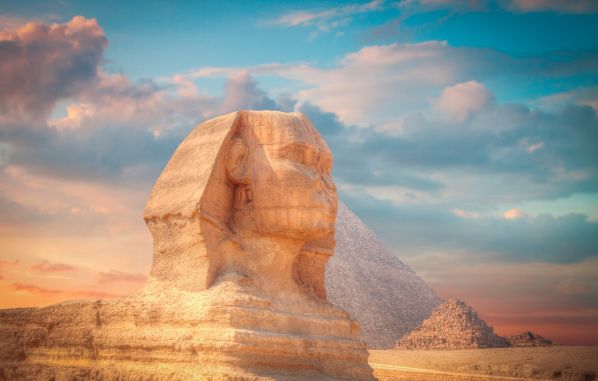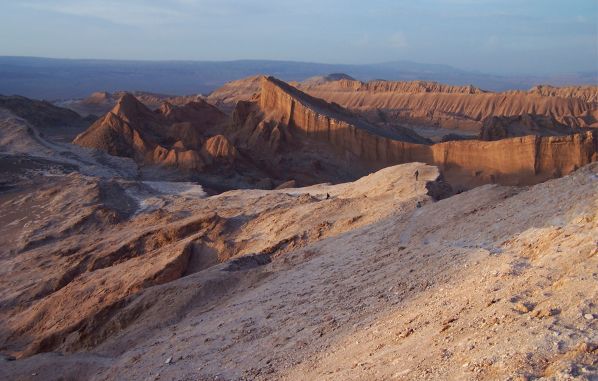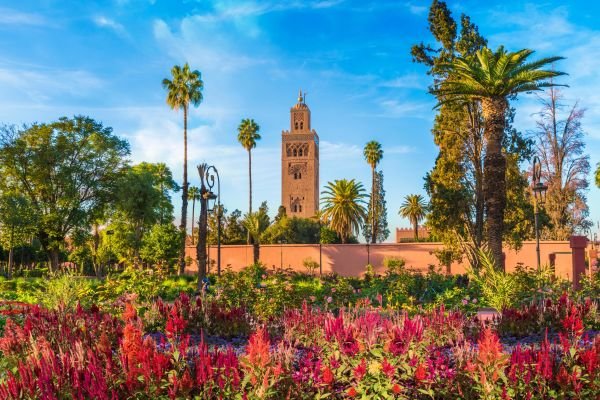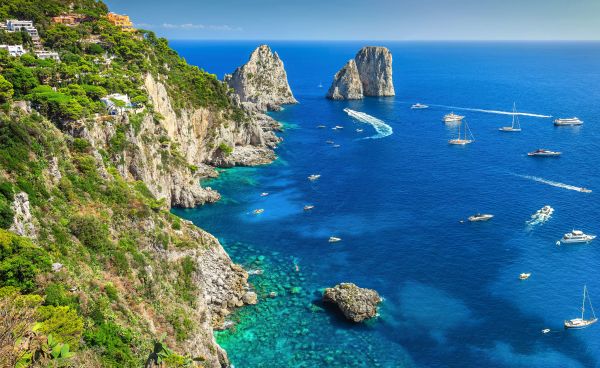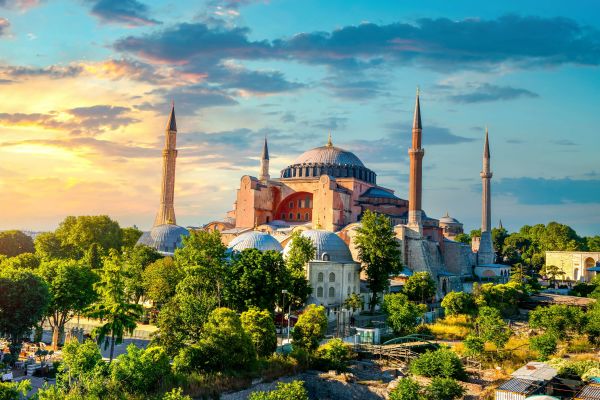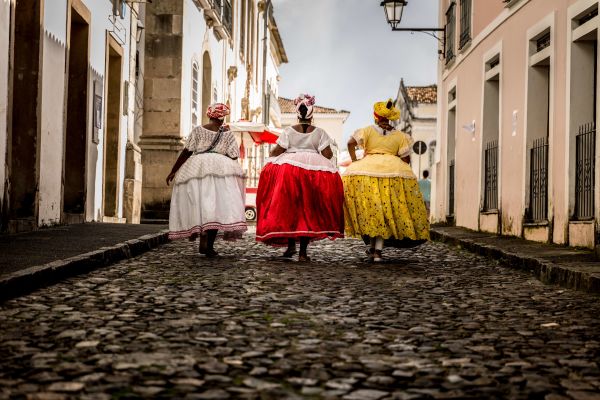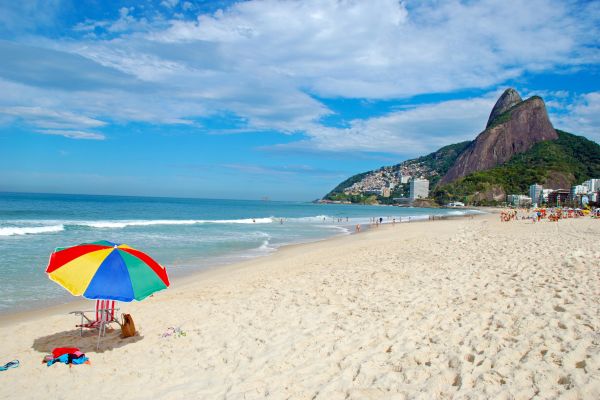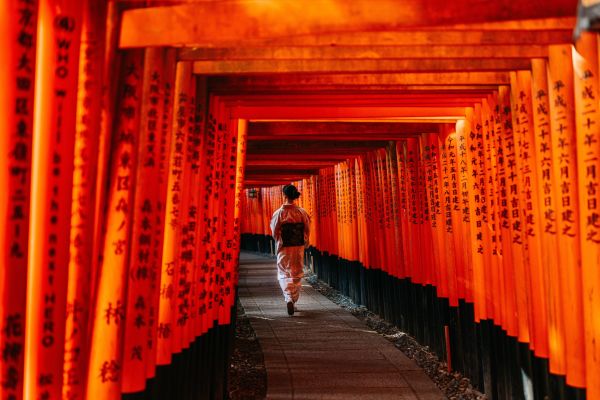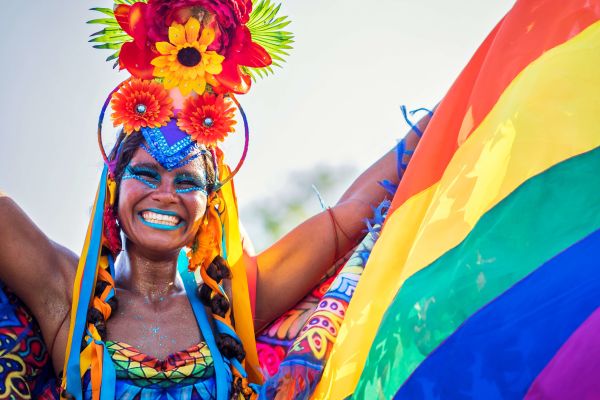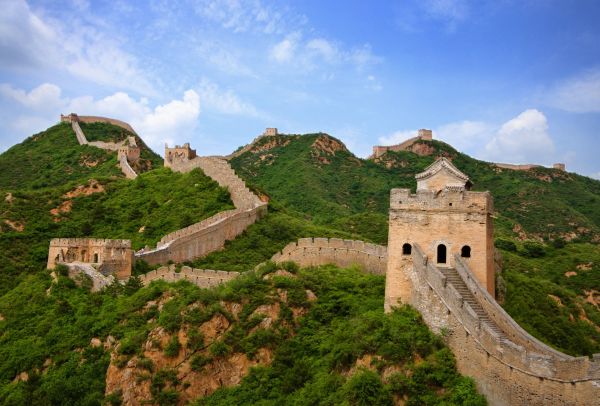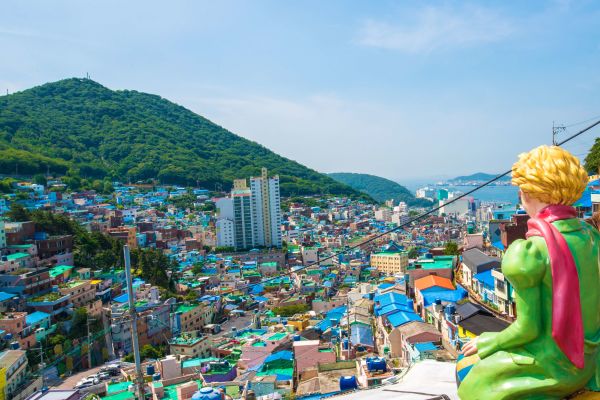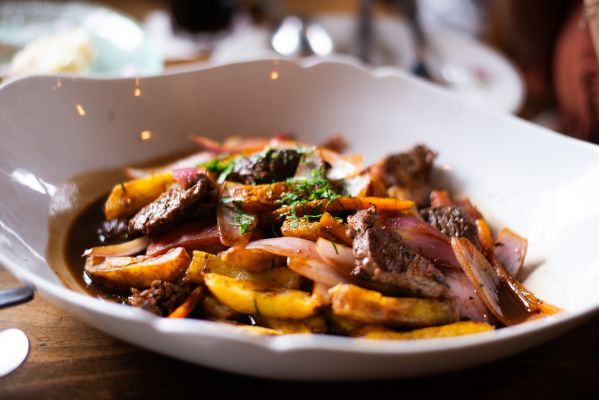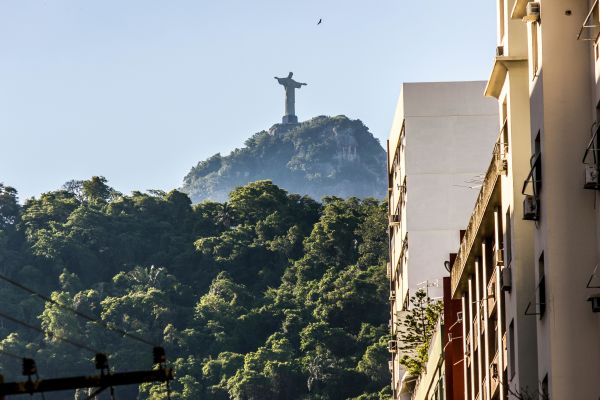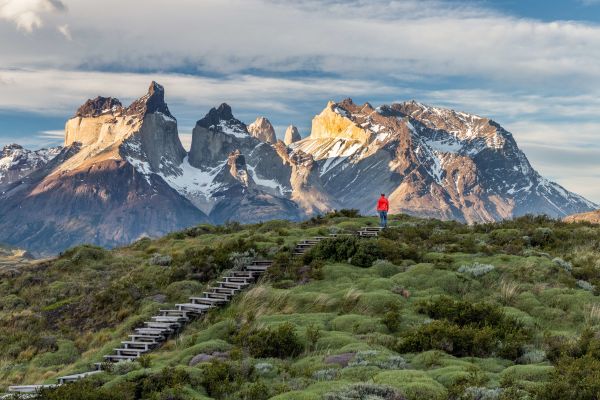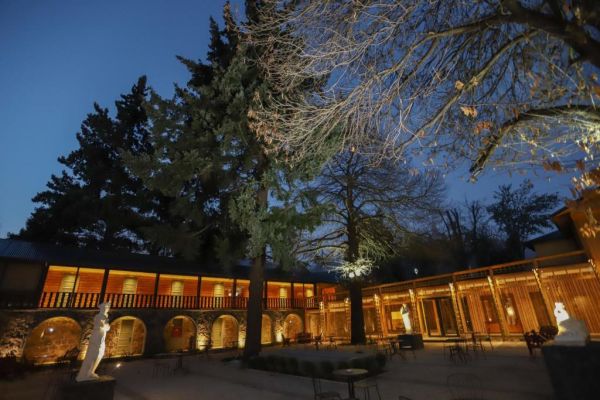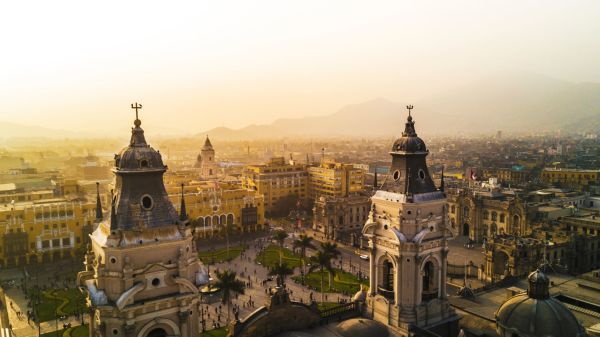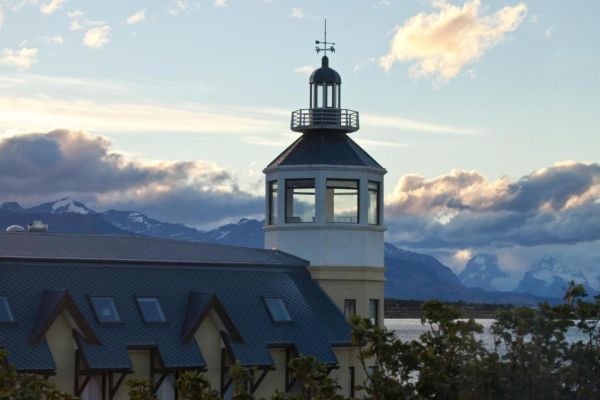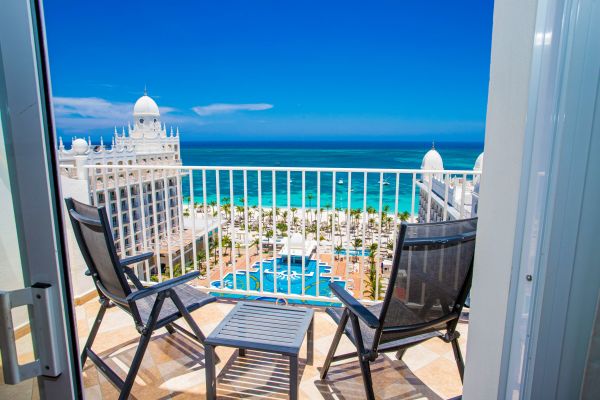What is Diwali, the Festival of Lights in India?

There are nights when darkness seems to retreat before the light . In India , that light has a name: Diwali , the Festival of Lights , one of the most spectacular and meaningful celebrations in the world.
For five days, the streets, temples, homes and even the rivers of this immense country are illuminated with thousands of oil lamps , candles and fireworks that symbolize the victory of light over darkness , good over evil and knowledge over ignorance .
But Diwali is not just a festival for Hindus . It is an event that fascinates travelers from all over the world, drawn by the color , spirituality , and joy that envelops all of India .
The meaning of Diwali and its origin
The word "Diwali " comes from the Sanskrit Deepavali , which literally means "row of lamps." And that is precisely what characterizes this celebration : light as a symbol of hope , prosperity , and rebirth .
In the Hindu calendar , Diwali marks the beginning of a new year and is one of the most auspicious holidays , comparable in importance to Christmas for the Christian world.
For millions of Indians, lighting a lamp (diya) is a spiritual act that invites the goddess Lakshmi , a symbol of prosperity and good fortune , into their homes. Each lit flame represents a wish for abundance , harmony , and personal renewal .

Diwali has ancient roots intertwined with various religious traditions of South Asia. In Hindu mythology , this festival commemorates the return of Prince Rama to his kingdom of Ayodhya after defeating the demon Ravana , as narrated in the epic Ramayana . To celebrate his return, the inhabitants illuminated the city with thousands of lamps , thus marking the beginning of the Festival of Lights .
However, interpretations vary by region . In northern India , Diwali celebrates the triumph of Rama ; in the west , it is associated with the goddess Lakshmi , who emerges from the waters during the churning of the ocean of milk, bringing prosperity to the world; in the south , it commemorates the victory of Krishna over the demon Narakasura .

When is Diwali celebrated?
Unlike Western holidays, Diwali does not have a fixed date on the Gregorian calendar . It is celebrated every year between October and November , during the month of Kartika according to the Hindu lunar calendar .
In 2025 , for example, the main Diwali (Lakshmi Puja) will be celebrated from October 20th , although the festivities begin two days earlier and last for up to five days .
During those five days , all of India seems to stop and surrender to joy . Families clean and decorate their homes with garlands , dress in new clothes , exchange sweets and gifts , and light lamps in every corner.

Where is Diwali celebrated in India?
Although Diwali is celebrated throughout the country, there are places where the experience reaches an almost mystical level. One of the most emblematic is Varanasi , the holy city on the banks of the Ganges River , which during these days becomes a stage for devotion and beauty .
The steps leading down to the Ganges are covered with lamps , the reflections in the water create a golden glow , and fireworks light up the temples as devotees float small diyas (small oil lamps) on the river .
In Rajasthan , especially in cities like Jaipur and Udaipur , ancient palaces and forts are adorned with thousands of lights and garlands of flowers , while the streets fill with traditional music and dance . In Jaipur , there's even a competition to award the best-lit facades , making the city an unparalleled visual spectacle .

The capital , New Delhi , vibrates with contagious enthusiasm . Markets overflow with sweets , decorations , and fireworks , while temples dedicated to Lakshmi are filled with worshippers who come to pay tribute and ask for prosperity .
Furthermore, Diwali is celebrated not only in India , but also in Nepal , Sri Lanka , Malaysia , Singapore , Fiji , Trinidad and Tobago , the United Kingdom , and the United States , where there are large Indian communities . In all these places, lamps continue to be lit every year as a reminder that light is stronger than darkness .
India's Golden Triangle: Delhi, Jaipur and Agra Tour (7 days / 6 nights)
Why is it the most important festival in India?
Diwali not only marks the beginning of the Hindu New Year , but also a time of spiritual, familial , and financial renewal . It is a time to settle accounts , bless new projects , and celebrate abundance .

Beyond its religious symbolism , Diwali represents the essence of Indian culture : faith , unity , and the ability to find light even in the darkest moments . That's why there's no corner of the country that doesn't participate in the celebration , and no heart that isn't touched by its brilliance .
Light , during Diwali , is the symbolic language of hope , a way to illuminate the soul and the surroundings . During the festival , temples and homes are covered with diyas arranged in rows, creating dreamlike visual landscapes .
On the rivers , thousands of floating lights drift across the water like fallen stars . In the skies , fireworks herald the arrival of a new cycle brimming with possibilities . That's why it's known as the Festival of Lights , an event that transcends religions and borders , because the power of light is a universal symbol of renewal .

For the curious traveler , Diwali is a gateway to Indian spirituality , an opportunity to understand its philosophy of life based on balance , gratitude , and inner light . Anyone who has experienced India during the Festival of Lights understands that it's not just about lighting lamps , but about igniting the soul .
You may also be interested in: The European Union implements the EES, which replaces passport stamping

